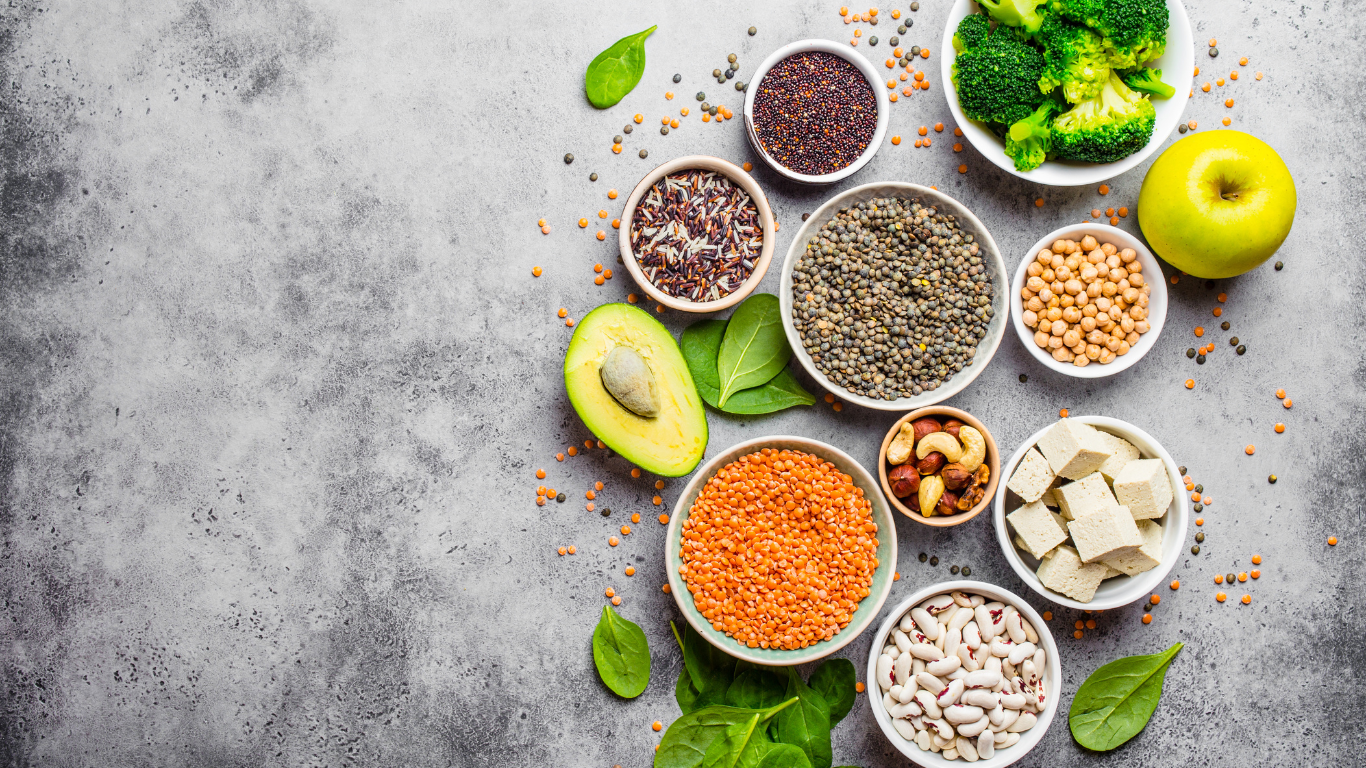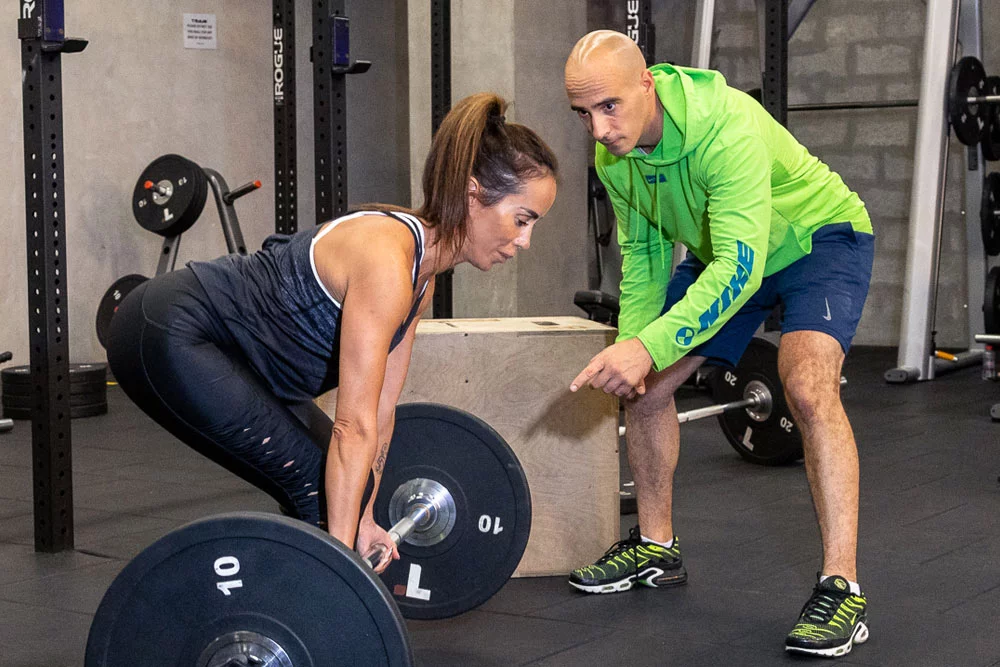When starting our day in the rhythm of a busy day, we all lean on our trusty cup of java or tea to help us kickstart our day, The allure of caffeine, from our favorite brew, promises not just an energy boost but also a heightened sense of alertness and focus. Recent studies have even suggested that caffeine can enhance our flow state, that zone where we are fully immersed and perform at our best. But like everything, there is a dying and yang to our invigorating elixir.
While caffeine’s benefits are undeniable, its impact on our sleep is a topic of growing concern. A Study in 2021 found that caffeine, especially when consumed close to bedtime, can significantly disrupt our sleep. Highlighting how caffeine interferes with the brain’s natural circadian rhythm, making it challenging for us to not only drift into a slumber but also get the right quality of restorative sleep essential for both your mind and body.
So, if you swear by an afternoon espresso or indulge sporadic caffeine treats, it is crucial to strike a balance. Understanding how caffeine can affect your sleep will help you make informed choices to reap the benefits, without compromising on your rest. Let’s dve deep into caffeine and sleep to help you find the perfect balance.
Why do I feel more awake after drinking coffee?
Coffee’s magic lies in it’s primary ingredient: caffeine. When you sip on your morning latte or midday brew, caffeine enters your bloodstream and makes its way to the brain. Here, it plays a clever trick. Naturally, our brain produces a neurotransmitter called adenosine, which promotes relaxation and sleepiness. As the day progresses, adenosine levels rise, making us feel increasingly drowsy.
Enter caffeine. It closely resembles adenosine in structure, allowing it to bind to adenosine receptors in the brain. By doing so, caffeine blocks these receptors, preventing adenosine from doing its job1. The result? You feel more alert and awake, as the sleep-promoting effects of adenosine are temporarily sidelined.
Additionally, caffeine stimulates the release of adrenaline, the “fight or flight” hormone. This surge in adrenaline further boosts alertness, increases heart rate, and prepares the body for action. Caffeine also increases the availability of dopamine D2/D3 receptors. Dopamine is often called the “feel good” hormone, playing an important role in mood, motivation and alertness.
While this awakening effect of caffeine can be a lifesaver on groggy mornings or during afternoon slumps, it’s essential to remember its lasting impact. Consuming caffeine later in the day can interfere with your sleep, as its alerting effects can linger for hours.
How Does Caffeine Disrupt Sleep?
Beneath coffee’s (and tea’s) aromatic embrace and invigorating charm lies a complex narrative where caffeine, the star ingredient of our cherished brew, has a profound impact on our sleep patterns.
This study conducted in 2019 highlights the relationship between caffeine and sleep/ When consumed, especially in significant amounts or closer to bedtime, caffeine can play havoc with our sleep. The research revealed that caffeine notably increased sleep latency, meaning it took longer for individuals to fall asleep. Equally important, it decreased the amount of non -rapid eye movement sleep, a critical phase of physical and mental restoration.
Why does this happen? As a stimulant caffeine blocks adenosine that t helps our need to promote sleep. This interference disrupts our natural sleep-wake cycle, making it challenging to drift into a peaceful slumber.
What is Deep Sleep and Why is it Important?
Deep sleep, also termed “slow wave sleep”, is the deepest phase of non-REM sleep. It is the time the body goes into full restoration mode. Think of it as a spa retreat for your body and mind. During this phase, tissues grow and repair, hormones are released for growth and development, and energy is replenished.
But herein lies the need to balance our latte intake. Caffeine’s dalliance with our sleep can rob us of this precious time. As we’ve discovered, caffeine can alter our sleep cycle, reducing the time we spend on this rejuvenating phase. Remember the importance of deep sleep as the foundation of our wellbeing, ensuring we wake up ready to embrace a vibrant rhythm with vitality to take on our day.
Managing Caffeine Intake for Better Sleep
A recent study published in the Journal of Sleep Research in 2014 found a direct correlation between caffeine intake and sleep quality where participants who consumed caffeine six hours before bedtime experienced a significant reduction in their total sleep time. More alarmingly, their deep sleep phase, was notably shortened.
So, how can you ensure your caffeine habits don’t interfere with your beauty sleep? Follow some of these tips to ensure that the positives of caffeine donn’t turn into negatives.
-
Timing Your Caffeine Intake for Optimal Sleep
Use the time to optimise your caffeine intake.Aim to have your last cafeinated drink by midday or, at the very latest 2pm. This gives your body ample of time to process the caffeine before you hit the bed
-
Understanding Your Personal Caffeine Threshold
While some of us can handle multiple cups of coffee, others may feel jittery with just one. Listen to your body. If you find yourself tossing and turning at night, consider cutting back.
-
Choosing Low Caffeine Alternatives for Evening Relaxation
Switch to beverages that have a lower caffeine content, especially in the latter half of the day. Herbal teas like chamomile or peppermint are excellent choices. If you can’t resist coffee, go for a de-cafeinated option (to trick your brain) or if you really need an extra kick of caffeine during those deadline evenings then opt for a dark roast. Contrary to popular belief, dark roasts have slightly less caffeine than their lighter counterparts.
-
The Hydration Solution: Water Before Coffee for Better Rest
Water is the ultimate elixir. Often, our bodies confuse thirst with fatigue. Before reaching for another cup of coffee, drink a glass of water. It might be just what you need to feel refreshed. Add sparkling water or a twist of lemon to quench that thirst.
-
Decoding Caffeine Content: Making Informed Beverage Choices
Not all caffeinated drinks are created equal. A brewed coffee can have significantly more caffeine than an espresso. Familiarize yourself with the caffeine content of your favorite beverages and adjust your intake accordingly.
Conclusion: Empower Your Sleep with Informed Choices
By understanding and harnessing the power of caffeine, you’re not just making a choice; you’re taking charge of your well-being. Remember, the essence of true beauty and vitality lies in the balance of wakefulness and rejuvenating sleep.
Ready to start a journey to the best ou? Dive deeper into the world of restful nights and energized days. Join our mailing list now for exclusive tips, insights, and the latest research. Because when you’re informed, you’re unstoppable. Sleep well, live better, and let every day be a testament to your empowered choices.

About Us
Discover your strongest self with the team at Flow Body Transformation. Coach’s Andrej, Catalina, Nenad, Nemo and Bojan are expertly trained to design and deliver a bespoke program that taps into the rhythm of your flow state to unlock unparalleled results for you.
Our program goes beyond the physical, celebrating the unity of mind, body and spirit through a holistic plan. Ready to redefine your limits and embrace the ultimate transformation?



